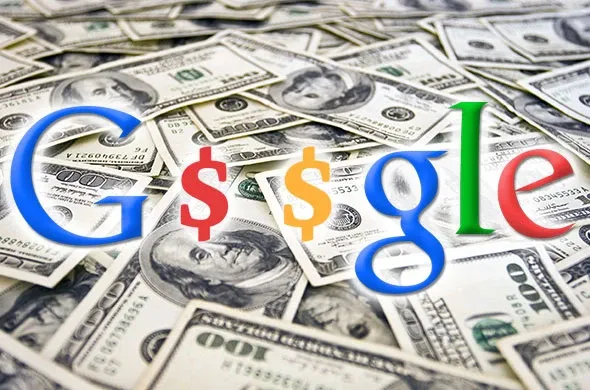Restructuring Results in Job Cuts at Google
Google fired an unspecified number of employees from its workforce.

Google was fined 1.49 billion euros by the European Union for thwarting advertising rivals, according to Bloomberg. That penalty may be EU antitrust chief Margrethe Vestager’s third and final attack on the U.S. tech giant.
It brings the total Google has been ordered to pay to 8.2 billion euros in EU antitrust probes that have run for nearly a decade and taken aim at the company’s popular software for Android phones and searches related to shopping. Last case focused on Google’s role as an ad broker for websites, targeting exclusivity agreements for online ads with its AdSense for Search product. The problematic contracts were all dropped by 2016, when the EU escalated the investigation.
Google is by far the biggest internet advertising broker, setting up searches on customers’ websites, Vestager said, and that allows it to control how most consumers start shopping. “It’s an entry point,“ Vestager said at a press conference. “By gaining a foothold in advertising brokering,“ competitors “could grow their business and then challenge Google in general search advertising.“
The advertising revenues that fuel profits for Google and Facebook are increasingly coming under antitrust scrutiny, often prompted by complaints from media companies as advertising spend shifts to the web. France’s competition authority has flagged the scale of Google’s ad business as a potential concern. Germany started an inquiry in February and Dutch regulators have been looking at how media companies generate ad revenue. The U.K. recently signaled it plans to start its own inquiry.
Google has "already made a wide range of changes to our products to address the commission’s concerns," the company’s senior vice president for global affairs, Kent Walker, said in an emailed statement. "Over the next few months, we’ll be making further updates to give more visibility to rivals in Europe.
Vestager gave the company hope it could avoid fresh fines by saying she didn’t see "a non-compliance issue" over how Google is obeying antitrust orders related to Android and shopping searches. "When I cite the numbers that we have now and the intentions from Google in the Android decision, we don’t have a non-compliance issue as of now," she told a press conference. Shopping search rivals are becoming more visible in Google’s results, she said, and Google’s plans to prompt users to pick alternative search and browser apps had "the potential to give users a real choice.